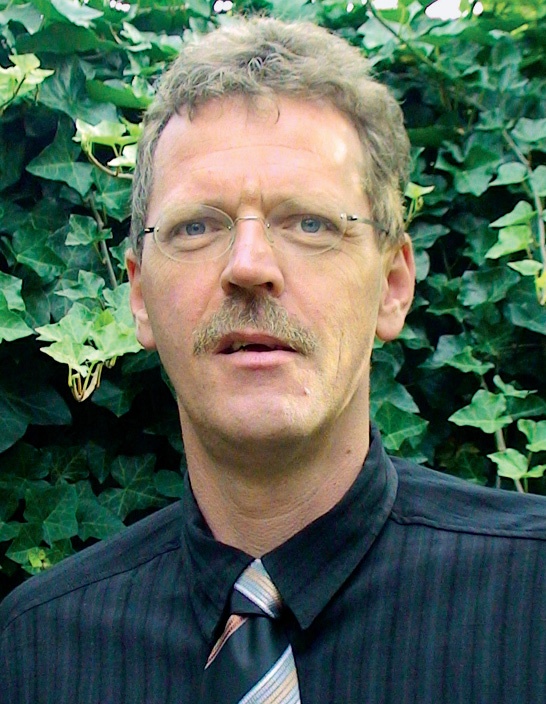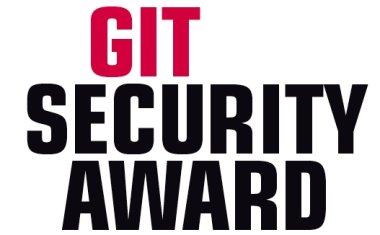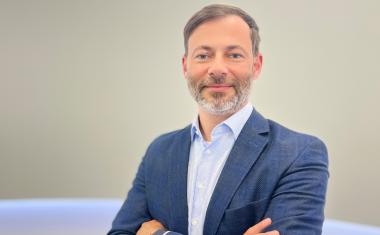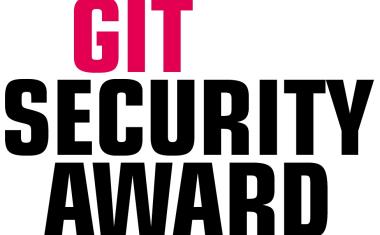Deister Electronic: interview with Axel Jeschke about Deister Electronic, Efficient Key Management and the Mifare Hack
Deister Electronic: interview with Axel Jeschke about Deister Electronic, Efficient Key Management and the Mifare Hack. The Deister is a ridge which rises to 405 m above sea level ...

Deister Electronic: interview with Axel Jeschke about Deister Electronic, Efficient Key Management and the Mifare Hack. The Deister is a ridge which rises to 405 m above sea level in the Calenberger Bergland on the northern boundary of the hill region of Lower Saxony. This ridge is located to the south west of Hanover, in the regions of Schaumburg, Hameln- Pyrmont and Hanover. However, the name Deister stands for a great deal more. Amongst experts, Deister Electronic is a very well-known company. In Barsinghausen, only a few kilometres from its forested namesake, Deister Electronic produces pioneering electronics for the four areas of access control, key management, control of security personnel and identity and automation, including vehicle security systems. A total of 250 employees throughout the world enable the use of components for touch-free identification and mobile data recording. In this interview, Steffen Ebert talks to Axel Jeschke.
GIT Security: Mr. Jeschke, to start with the key question – what is Deister’s e core competence?
A. Jeschke: To put things simply, the core competence of our products is touch-free identification. The basic question is always: RFID or a simple, common-or-garden technology. RFID has the advantage of being touch-free and therefore free from wear and tear. Simply the freedom from wear and tear provides an enormous advantage, e. g. in the area of service.
Even though the initial costs are somewhat higher, running costs are considerably lower. To take a classic example: touch-free access control: magnetic card readers need to be cleaned at regular intervals, which of course results in maintenance costs. With touch-free technology, these costs are eliminated. This is great advantage for all applications for internal use within businesses and also an advantage which is reflected in all our product groups and solutions.
For example, multi-storey car parks - just ask the operator of a multi-storey car park how often the card readers need cleaning because these have become severely contaminated with exhaust fumes. The expense is enormous. This is eliminated if you can make the identification without contact.
A second example is in the field of key management: here too, the core element of the key cabinet is touch-free, so there is no maintenance involved.
Your company holds many patents. Is this what characterises Deister – the research company?
A. Jeschke: Definitely. Deister products and our quality are the result of a clear technological orientation. This starts with the owner and entrepreneur, Anatoli Stobbe, an outstanding graduate engineer. Other posts, even in the dispatch department are occupied by engineers, including myself. This is the character of our company. We are definitely technology-driven and see ourselves as being at the cutting edge of technology.
This is documented by our many pioneering achievements and patents over the past. As well as this, we always derive benefits for our customers from this technological lead.
Products from your company can be found in a wide range of applications – even if they do not always carry the name Deister. What is your latest project which you are especially proud of?
A. Jeschke: For example key management – CERN (editor’s note: this European nuclear research organisation is a large research facility near Geneva in Switzerland. The abbreviation is derived from the previous French name: Conseil Européen pour la Recherche Nucléaire) is fully equipped with a Deister key management system. This ensures that the system cannot be operated before all staff have definitely left the critical areas, in order to prevent accidents or to subject employees to radiation or any other elements which are being fired around.
Any other examples?
A. Jeschke: Renault is a good example from the car industry. In the Renault “Technocenter” all keys are efficiently managed – which helps the company to save costs. In general, the decisive factor is what lies behind the key – in this case a process optimisation. A key cabinet is just like the key rack which you have at home.
The difference is that here I know electronically who has been where, who has taken which key and who has brought it back. With this, you can not only calculate the operating costs, the entire organisation centred around the keys becomes more efficient and therefore more economical.
Let’s stay on the subject of foreign countries. What about the international activities of your company?
A. Jeschke: We are active throughout the world. In the field of access control we have about 500 system partners, with whom we cooperate and who build our access control components and install them throughout the world. As well as our own subsidiaries in the UK, France, the Netherlands and Belgium, we also have Deister subsidiaries in the USA and Canada. More recently we set up offices in Japan, which is now very successful. At the moment we are preparing for the jump to the continent of South America.
We are therefore still expanding, even in spite of, or maybe because of the present economic climate. What products are you working on at the moment, what will soon be on the market?
A. Jeschke: There will soon be a new UHF widerange reader for parking applications. The clear advantage of this system is the extremely low price of the transponders, which we have adopted from our logistics sector. Because of the very large numbers of units which are produced for logistics, where literally pallet-loads need to be identified, the prices to our customers have now reached a very low level.
We want to use this to the benefit of our customers for the identification of vehicles. This is a brand new product, which your readers are the first to know about – the first devices have not yet been built, but are already sold.
In the field of key management our relatively compact proxSafe solution for 32 key is also causing a great sensation.
The Mifare hack and its consequences – we have already asked you about this in other issues. What is your conclusion now?
A. Jeschke: Let’s face it, the majority of all access control systems receive their information via a technology which is over forty years old. The access data is read in using a two-conductor, one-way technology – which can hardly be termed as true communication.
As long as encryption only takes place outside at the door, as has been the case up to now, and is not continuously implemented from the transponder to the core of the system, users cannot feel really safe. Unfortunately, this applies to most of the systems which are available at present.
Contact:
Axel Jeschke
deister electronic GmbH,
Barsinghausen, Germany
Tel.: +49 5105/516-111
Fax: +49 5105/516-217
jeschke@deister-gmbh.de
www.deister-electronic.de














